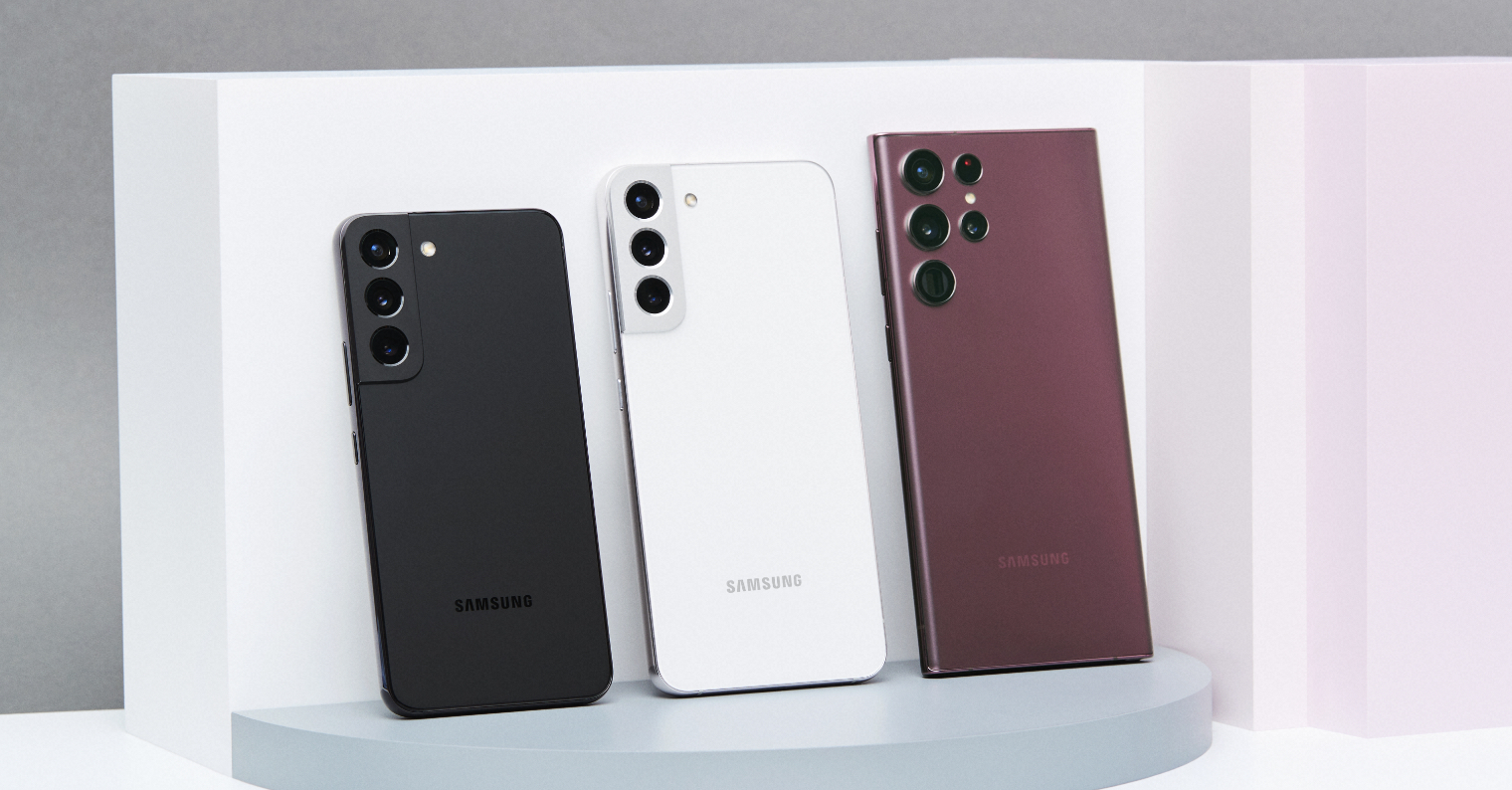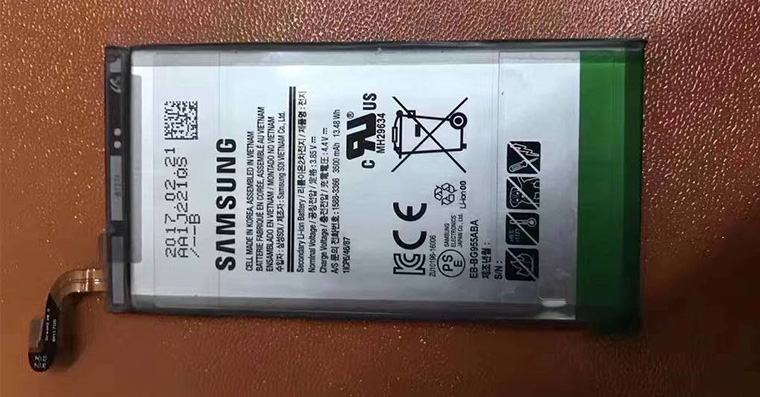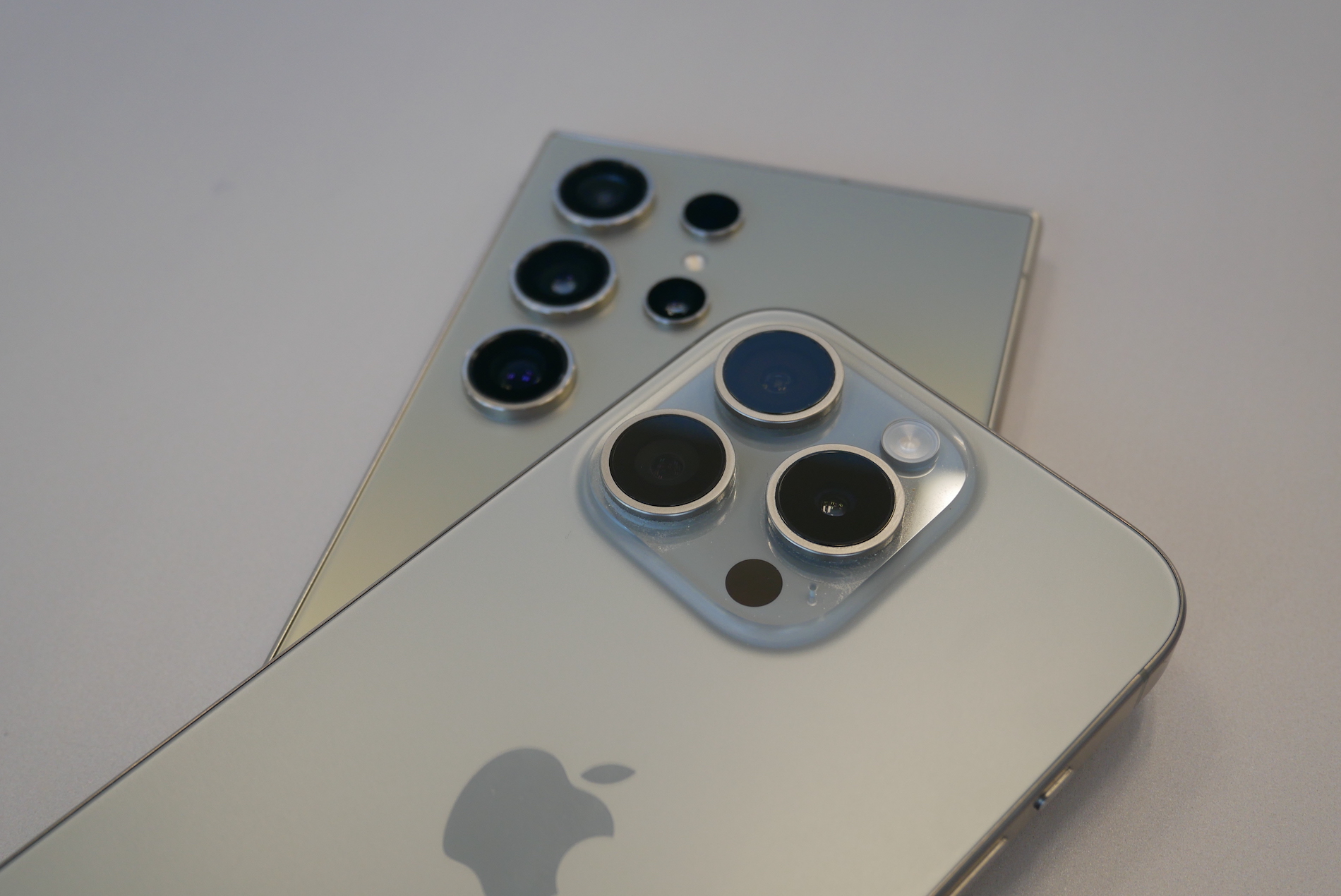As great as Samsung smartphones are, they don't have a good reputation when it comes to repairability. However, that could soon change. The European Union is preparing to ban the practice of gluing batteries from next year, which could mean that the next series of phones Galaxy With a higher repairability score than we have been used to in recent years.
While other manufacturers already install batteries with pull tabs for easy removal in their smartphones, Samsung has yet to adopt this practice. It continues to stick batteries to the body of mobile devices using adhesives. This practice has a very negative impact on repairability and, more importantly, makes it virtually impossible for customers to replace batteries themselves. Not to mention that it makes the work of the services more difficult and that such a replacement is more expensive. In addition, glued batteries are a greater burden on the environment.
The EU, or more precisely the European Parliament, plans to increase the proportion of recycled raw materials used in batteries. We are specifically talking about materials such as cobalt, nickel, lithium and lead. Parliament aims to achieve a 2026% recycling rate by 90.
You could be interested in

Meanwhile, the EU wants to ban the practice of sticking batteries in all consumer electronics, including smartphones, tablets, other mobile computers, wireless headphones, electric scooters and other battery-powered products. Its aim is to create a more sustainable market and promote durable and repairable devices. That doesn't mean smartphone makers like Samsung will be forced to produce devices with user-replaceable batteries. Furthermore, if Samsung wants to continue its business in the EU, it will have to ensure that its products have enough spare batteries throughout their lifetime. This is because the EU wants customers to be able to conveniently have their devices repaired and their batteries replaced, and not be forced to upgrade to newer devices when they can't find spare parts.







